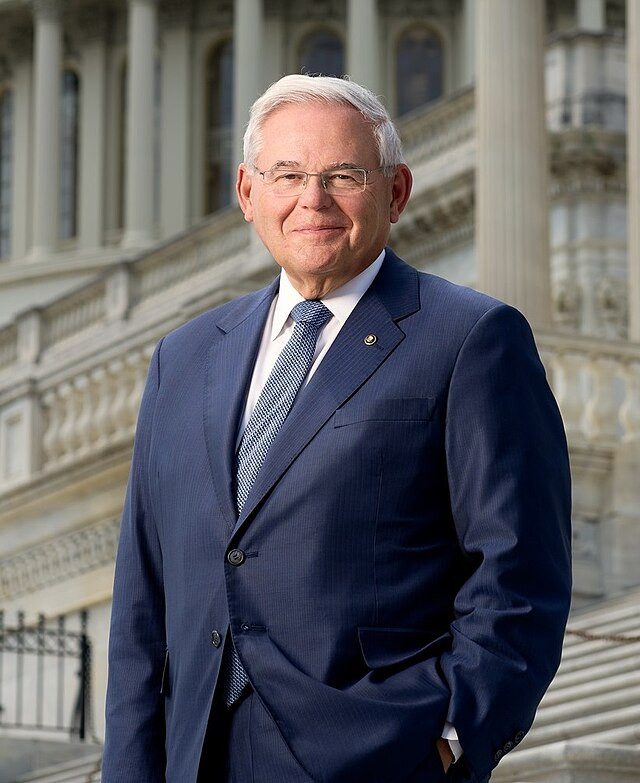The corruption trial of Sen. Bob Menendez (D-NJ) kicked off with explosive opening statements and testimony, as prosecutors accused the senator of being "on the take" while defense attorneys sought to shift blame to Menendez's wife, Nadine, and argue that the alleged bribes were merely gifts between friends. Menendez, along with co-defendants Wael Hana, an Egyptian American businessman, and Fred Daibes, a New Jersey real estate developer, stand accused of engaging in various bribery schemes involving cash, gold, and political favors.
In their opening statements, attorneys for Hana and Daibes did not dispute that their clients gave cash and gold to the Menendezes but maintained that these transactions were "just gifts" between longtime friends and not tied to any official acts by the senator. Daibes' attorney, César de Castro, argued that there was "nothing criminal about being generous" and that the government was misinterpreting the gifts as bribes. Similarly, Hana's attorney, Larry Lustberg, claimed that his client and Nadine Menendez regularly exchanged gifts due to their close friendship, which he likened to a "brother and sister" relationship.
The defense attorneys also sought to downplay the significance of the gold bars found in the Menendez home, arguing that the possession and gifting of gold is a cultural norm for individuals from the Middle East, like Nadine Menendez and Hana. They accused prosecutors of unfairly concluding that the presence of gold suggests "something nefarious" and failing to acknowledge that investing in precious metals and giving gold to friends is common practice.
However, the prosecution's first witness, FBI special agent Aristotelis Kougemitros, provided damning testimony about the nearly half a million dollars in cash, gold jewelry, and more than a dozen gold bars seized from the Menendez home. Kougemitros detailed how the cash was found stuffed in various items of clothing, including boots, jackets, and bags, with some envelopes bearing Daibes' name and business address. The sheer volume of cash and gold led Kougemitros to instruct his team to seize the evidence, as he believed it was indicative of a potential crime.
The defense attorneys also attempted to shift blame onto Nadine Menendez, portraying her as a deceitful figure who kept financial concerns and transactions hidden from her husband. Menendez's attorney, Avi Weitzman, showed photos of Nadine's "locked closet" where the gold bars were found, emphasizing that the senator was unaware of their existence. Lustberg further claimed that Nadine Menendez was a poor-performing employee at Hana's halal certification company and that the $30,000 she received in checks was not a bribe but compensation for her unsatisfactory work.
The trial has already generated significant attention, with prosecutors painting a picture of a powerful U.S. senator motivated by greed and using his wife as a "go-between" with his alleged co-conspirators. The defense, meanwhile, has argued that the government is attempting to criminalize gift-giving and conflating constituent services with bribery.
Despite the high-profile nature of the case, the trial has not garnered the same level of media frenzy as former President Donald Trump's ongoing hush money trial, which is taking place nearby. This relative lack of attention has been a welcome development for national Democrats, who have faced calls to remove Menendez from office but have taken no action beyond the senator's resignation as chair of the Senate Foreign Relations Committee.






